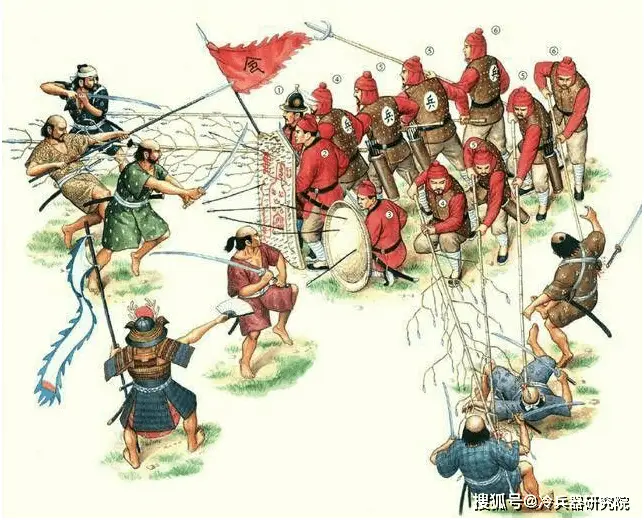Last night, I was scrolling through my phone in bed, drifting off until I finally fell asleep around 2 AM. Today, I naturally woke up after 6 AM, went back to sleep, and finally got up at 8 AM.
I learned that Menmen (steamed noodles) is actually made from handmade flour noodles (or semi-dried noodles) that are steamed and then braised with base ingredients and broth. Recently, while cooking, I’ve been experimenting with adding white sugar as a seasoning, which indeed adds layers to the taste. Meanwhile, I’ve been gradually learning how to preserve the nutrients, texture, and flavor of ingredients, gaining insights into timing, cooking methods, and ingredient preparation techniques. Learning to cook feels like a unique challenge - you can’t immediately repeat experiments when cooking for sustenance. Chinese stir-fry tutorials often focus on procedures but rarely provide detailed descriptions of the final dish, lacking explanations about texture and taste. It’s like teaching painting techniques without educating how to analyze and appreciate art.
The weather is too hot, and the kitchen’s high temperature makes me reluctant to cook. I ordered takeout for lunch. Recently, with the food delivery price war among several JD enterprises, I’ve been ordering quite a few cheap meals and having bubble tea that costs just a few yuan with my brother. Who’s actually making money in this business?!
I still haven’t fully grasped why 1587 was such a special year. However, I’ve found great pleasure in the chapter titles - Wanli, Shen Shixing, Zhang Juzheng, Hai Rui, Qi Jiguang - viewing history through the perspective of real people, thinking from their positions, revealing the society and system of that time. While reading, sometimes the institutions and culture feel like a quagmire that everyone is trapped in. Yet, this very feeling helps identify the solidification and core issues within the system and society. More importantly, through the conflicts between characters and their environment, their choices and trade-offs illuminate the logic and causality of human affairs.
Qi’s army consisted of volunteer militia sons, hence their use of rattan armor, wolf brush weapons, and fork-halberd combinations. The civil service system determined that they couldn’t be promoted or form new organizational structures, eliminating the need for advanced military units - they only had the Mandarin Duck Formation.

Note: This article was originally written in Chinese and has been translated to English by AI. Please excuse any unnatural expressions or inaccuracies in the translation.